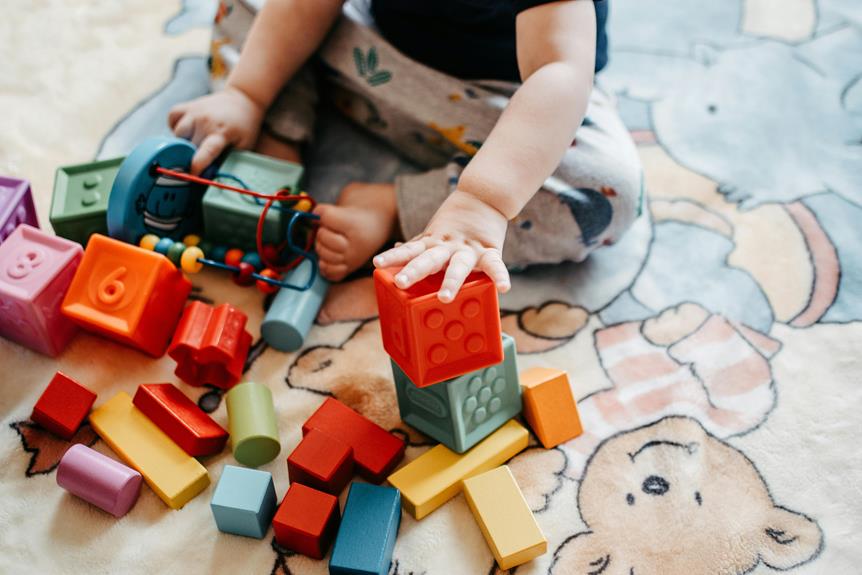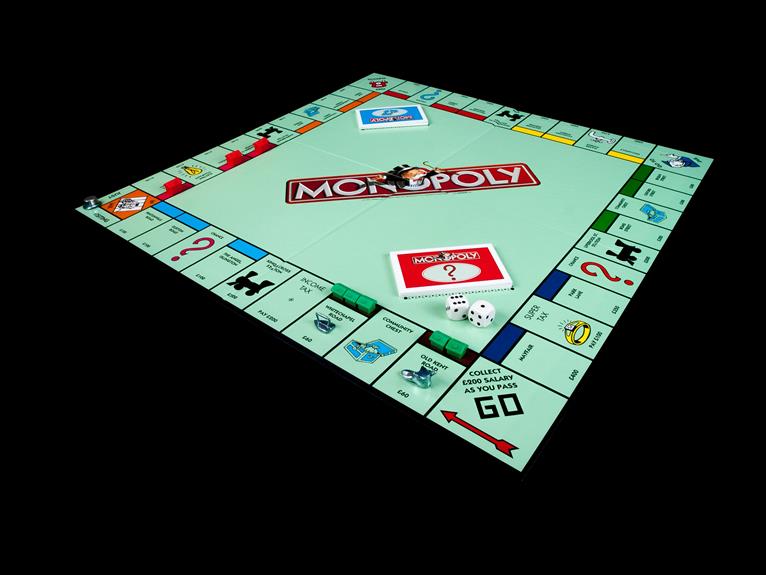Is Entertainment Tax Deductible
You're probably taking clients out for lunches and dinners, thinking you can expense the whole tab, but here's the thing – only some of your entertainment expenses are actually tax deductible. You need to get familiar with the fine print in the Income Tax Assessment Act 1997. According to the rules, client lunches and event tickets count as entertainment, but meals during overnight business trips don't. Documenting everything is key to avoid any tax headaches. So, what makes the cut? Think seminars, in-house dining, and certain employee gifts, but the list goes on – and we're just getting started.
Defining Entertainment Expenses
When determining what constitutes an entertainment expense, you'll need to contemplate a range of activities and expenditures.
Think about it – are you treating clients to a fancy lunch or buying tickets to a game? Those qualify as entertainment expenses under the Income Tax Assessment Act 1997.
It's essential to grasp these entertainment definitions to avoid any expense implications. You see, entertainment expenses aren't just about having fun; they can affect your tax deductions.
Understandably, it can get tricky. For instance, business lunches and social functions are in, while meals during overnight business travel are out. Refreshments like morning teas aren't typically considered entertainment.
Knowing the fine print will save you from potential headaches down the line.
Classifying Food and Drink
When you're trying to figure out if food and drink expenses qualify as entertainment for tax purposes, it's time to get picky.
You'll need to separate the morning coffee and donuts from the fancy dinner party – one is just a normal part of the workday, while the other is definitely entertainment.
The question is, where do you draw the line between refreshments and entertainment?
Refreshment Vs Entertainment
Understanding what constitutes entertainment versus refreshment is essential, especially in the context of food and drink, as it can greatly impact the deductibility of expenses for tax purposes.
When it comes to refreshments, timing and location are critical. If you provide food or drinks during official work hours, it's less likely to be viewed as entertainment – unless it's in the context of an event.
That's where the refreshment criteria kick in – think light meals or morning teas.
But meals served at events or gatherings typically qualify as entertainment. The key is to evaluate the purpose and setting: is it a social gathering or a work-related activity?
Food and Drink Classification
A key component of determining entertainment tax deductibility is accurately classifying food and drink.
When you're deciding whether your dining experiences qualify as entertainment expenses, consider the purpose and context. Are you just grabbing a quick bite with coworkers during work hours, or are you wining and dining clients at a fancy restaurant? The latter is more likely to be classified as entertainment.
Even food trends and culinary events can be considered entertainment if they're held in a social setting, like a hotel or restaurant.
Be honest with yourself – is this just a casual meal, or is it part of a larger event or occasion? Accurate documentation and context assessment are essential in making this determination.
Tax Deductible Entertainment Expenses
You're probably wondering what entertainment expenses are actually tax deductible, and you're in luck because some of them might surprise you.
You can claim deductions for things like seminars, in-house dining facilities, and even charitable events – under certain conditions, of course.
As you explore the types of entertainment expenses, business meal deductions, and travel expenses that qualify, make sure you keep those receipts handy, because proper documentation is key.
Types of Entertainment Expenses
When it comes to determining which entertainment expenses are tax deductible, several types of expenditures qualify.
You may be surprised to know that costs related to seminars lasting over four hours can be deducted, including meals and refreshments provided during these events.
Your company can also deduct expenses for in-house dining facilities, as long as they're not open to the public.
If you're involved in event sponsorship or charitable events, some costs may be deductible too, especially if they're directly linked to the charitable purpose.
Even client engagement expenses can be deductible in some cases, like when they're fringe benefits for employees.
Just remember to keep track of expenses that are directly related to your business, like promotional activities or exhibiting goods and services.
Business Meal Deductions Allowed
Business meal expenses can be tax deductible, provided they meet specific criteria related to the event or setting in which they occur.
You might be surprised at what qualifies as a deductible meal. For instance, if you host client seminars that last at least four hours, the meals provided during those events could be tax deductible.
Some deductible meals might include:
- *Food and drinks served during in-house seminars that aren't open to the public*
- *Meals provided to employees during working hours in private dining areas*
- *Expenses incurred for employee meals during business functions in private areas*
- *Costs associated with promotional events for clients that aren't primarily focused on business meetings or advertising*
Travel Expenses and Entertainment
Most travel expenses, including meals or drinks consumed during work hours, aren't classified as entertainment, making them potentially deductible if they meet specific criteria.
You might be thinking, "Score! My business travel expenses are fundamentally a free pass to deduct meals and drinks." Well, not so fast.
While you can deduct some meals, you can't just write off any old dinner. For instance, in-house dining costs for employees during business travel can be deductible if provided in a designated dining area and meet certain income inclusion requirements.
Seminars lasting over four hours might also qualify for deductions.
Just remember, proper documentation is key to claiming these deductions, so keep those receipts handy.
Employee Gifts and FBT
Certain gifts to employees can be tax deductible and exempt from Fringe Benefits Tax (FBT) implications, depending on the type of gift.
You can get creative with your gifting strategies to boost employee recognition, and it's a win-win when you can save on taxes too.
- You can give non-entertainment gifts valued under $300, like a nice watch or a gift card, and claim a tax deduction.
- Process cash gifts through payroll and you'll avoid FBT implications.
- Proper documentation is key to claiming deductions on gifts, so keep those receipts handy.
- Non-entertainment gifts are a tax-efficient way to reward employees, so think outside the box when it comes to employee recognition.
Christmas Parties and Tax
The annual Christmas party – a time-honored tradition for many companies.
When it comes to holiday event planning, you want to make sure your employees have a blast, but you also need to keep an eye on the tax implications.
If you're shelling out more than $300 per person, things can get complicated. On the other hand, if you keep costs below that threshold, you might qualify for the minor benefits exemption, which can save you some FBT headaches.
But here's the catch: if you're exempt from FBT, you mightn't be able to claim those expenses as tax deductions – talk about a Grinch-like move.
Understanding FBT and Exemptions
Understanding FBT and exemptions can be a game-changer for businesses looking to minimize their tax liability.
You see, FBT implications can be steep, and not knowing the exemptions can lead to some serious tax compliance issues. It's vital to stay informed about the latest tax legislation, as changes may affect the applicability of FBT exemptions and compliance requirements.
- You might be surprised to know that minor benefits under $300 per employee are potentially exempt from FBT.
- Not-for-profit and government organizations might qualify for tax-exempt status for specific entertainment benefits.
- The total cost of the entertainment provided can markedly impact FBT exemptions.
- Proper documentation is essential to support claims for FBT exemptions – don't get caught slipping up on tax compliance.
Calculating FBT Liability
Having grasped the exemptions and implications of FBT, it's time to turn your attention to calculating FBT liability.
You'll need to determine the taxable value of entertainment-related benefits provided to employees or associates, including costs for food, drink, and recreation. To calculate this, you'll multiply the taxable value of benefits by the FBT rate, which is currently 47%.
You can use methods like the 50/50 split method or the 12-week register method to accurately calculate claims for meal entertainment deductions.
Don't forget to keep proper documentation to support all calculations and claims related to FBT liability.
Accurate and timely lodging of the FBT return is essential, as failure to report can result in penalties or interest on unpaid FBT.
Entertainment Expenses Exceptions
You're probably aware that entertainment expenses are generally not tax deductible, but there are some exceptions you can leverage to claim deductions.
However, it's essential to understand that these exceptions come with specific conditions and tax implications. You'll want to make sure you're meeting the necessary criteria to avoid any issues.
Some entertainment exceptions to bear in mind:
- Seminars that last over four hours and meet the relevant criteria
- In-house dining facilities providing food and drink to employees on working days (with proper documentation, of course)
- Charitable events with entertainment expenses that align with the Australian Taxation Office guidelines
- Limited client entertainment expenses, such as fringe benefits or specific in-house dining situations
Claiming Tax Deductions
When claiming tax deductions for entertainment expenses, it's essential to tread carefully. You don't want to risk raising red flags with the Australian Taxation Office.
To guarantee tax compliance, make sure you're meeting the deductible limits and following the rules. For instance, in-house dining facilities might be deductible if you're providing meals to employees and following specific conditions, like adding $30 to their assessable income per meal.
On the other hand, client entertainment costs typically aren't deductible, and you won't be able to recover GST on those expenses either.
Keep your documentation in check, and you'll be just fine. Remember, it's all about following the rules and staying within the limits.







